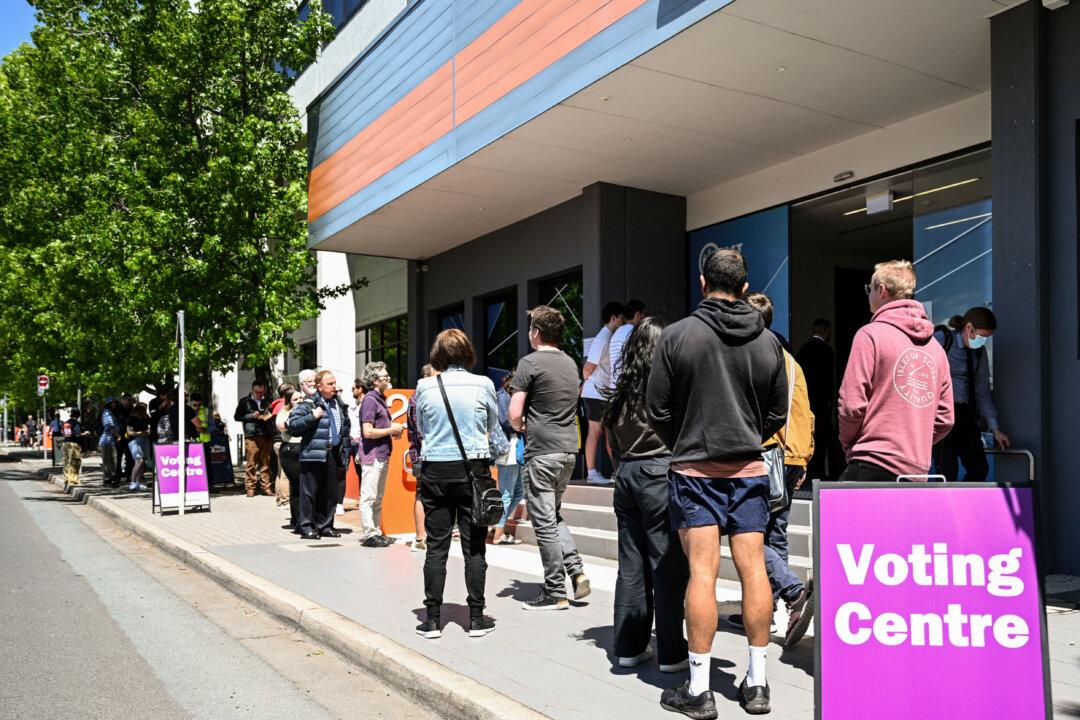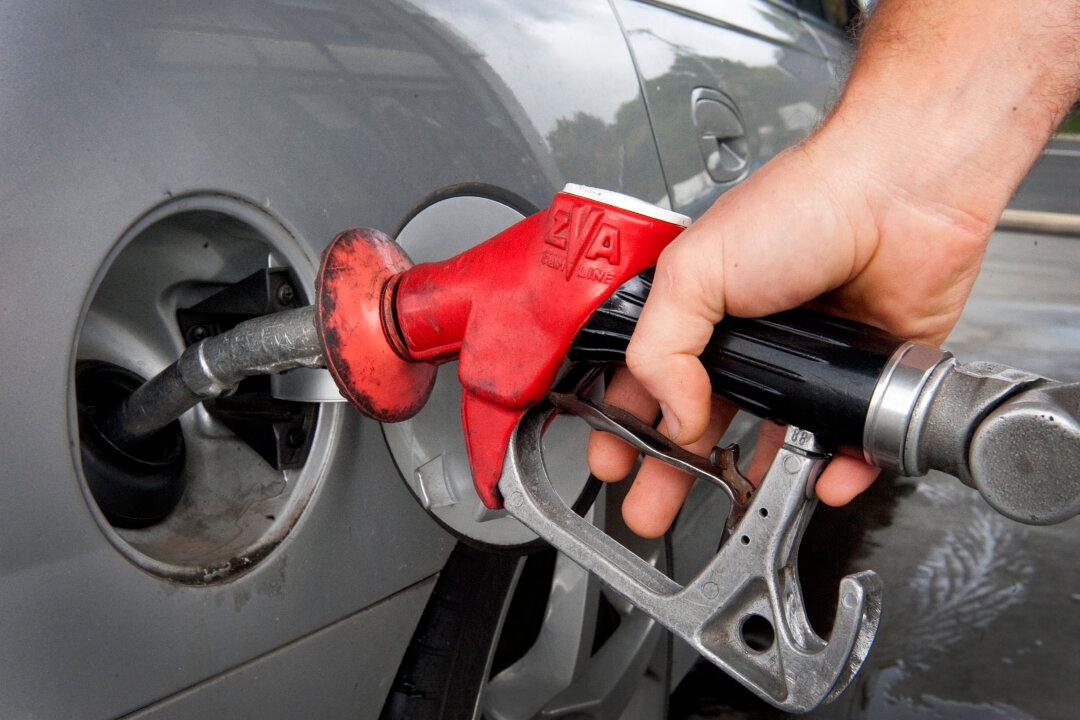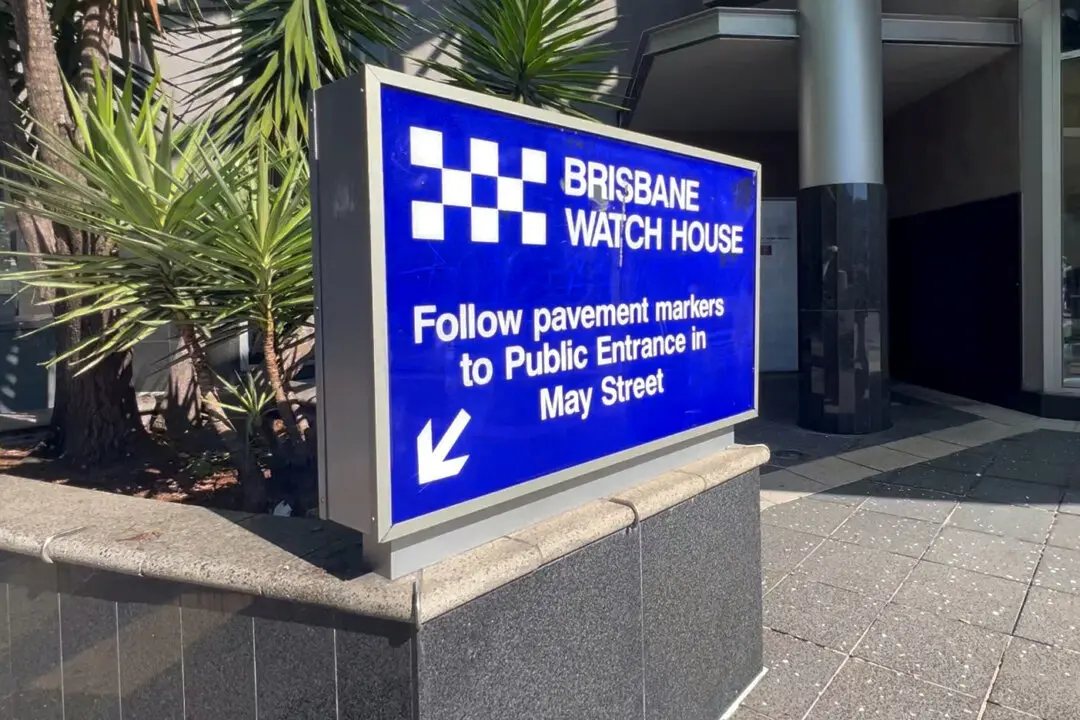Australia’s upcoming federal election, announced for May 3, will be the biggest in history.
The Australian Electoral Commission (AEC) revealed an additional 710,000 people had registered to vote by the end of 2024, when compared to enrolments for the 2022 federal election.





